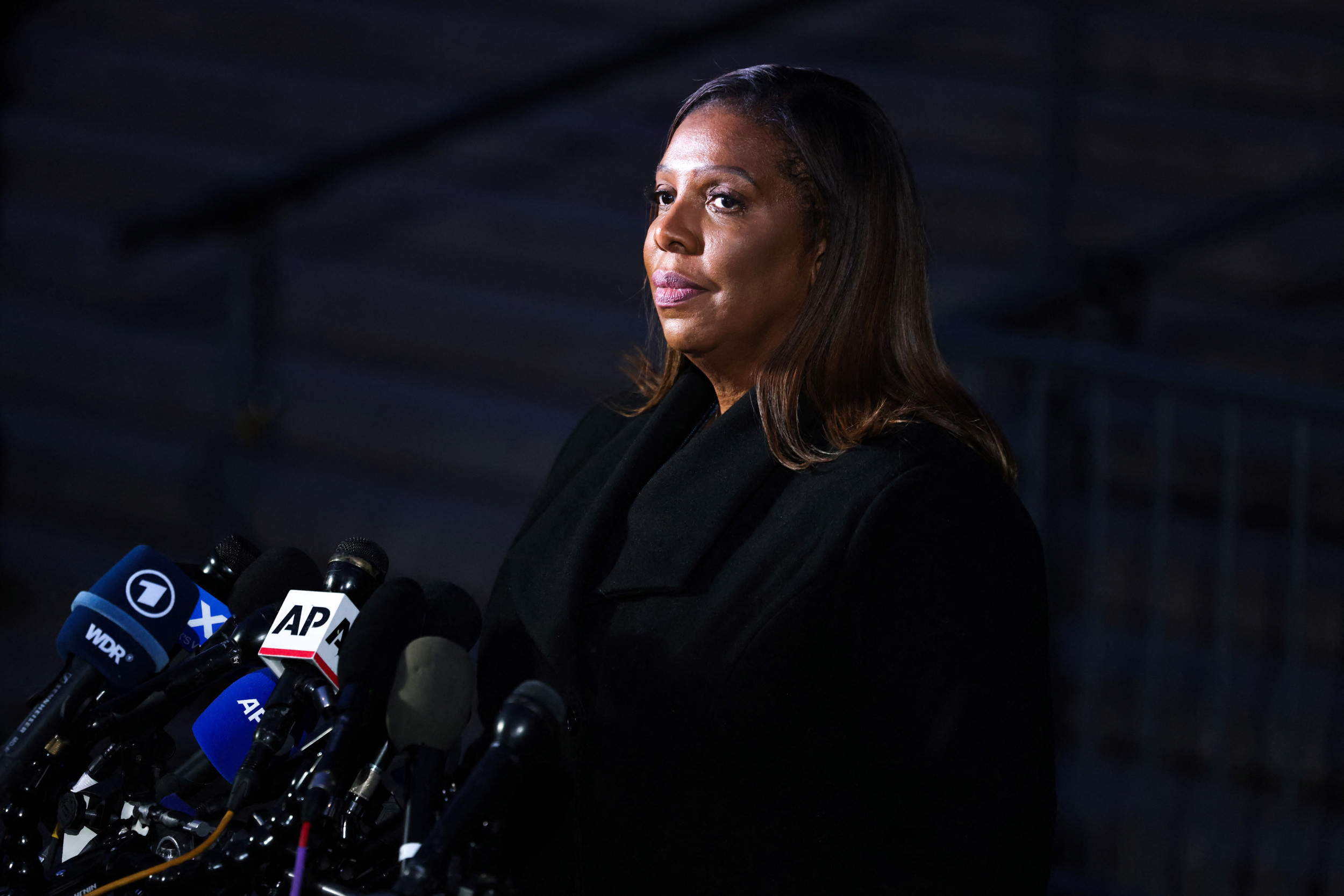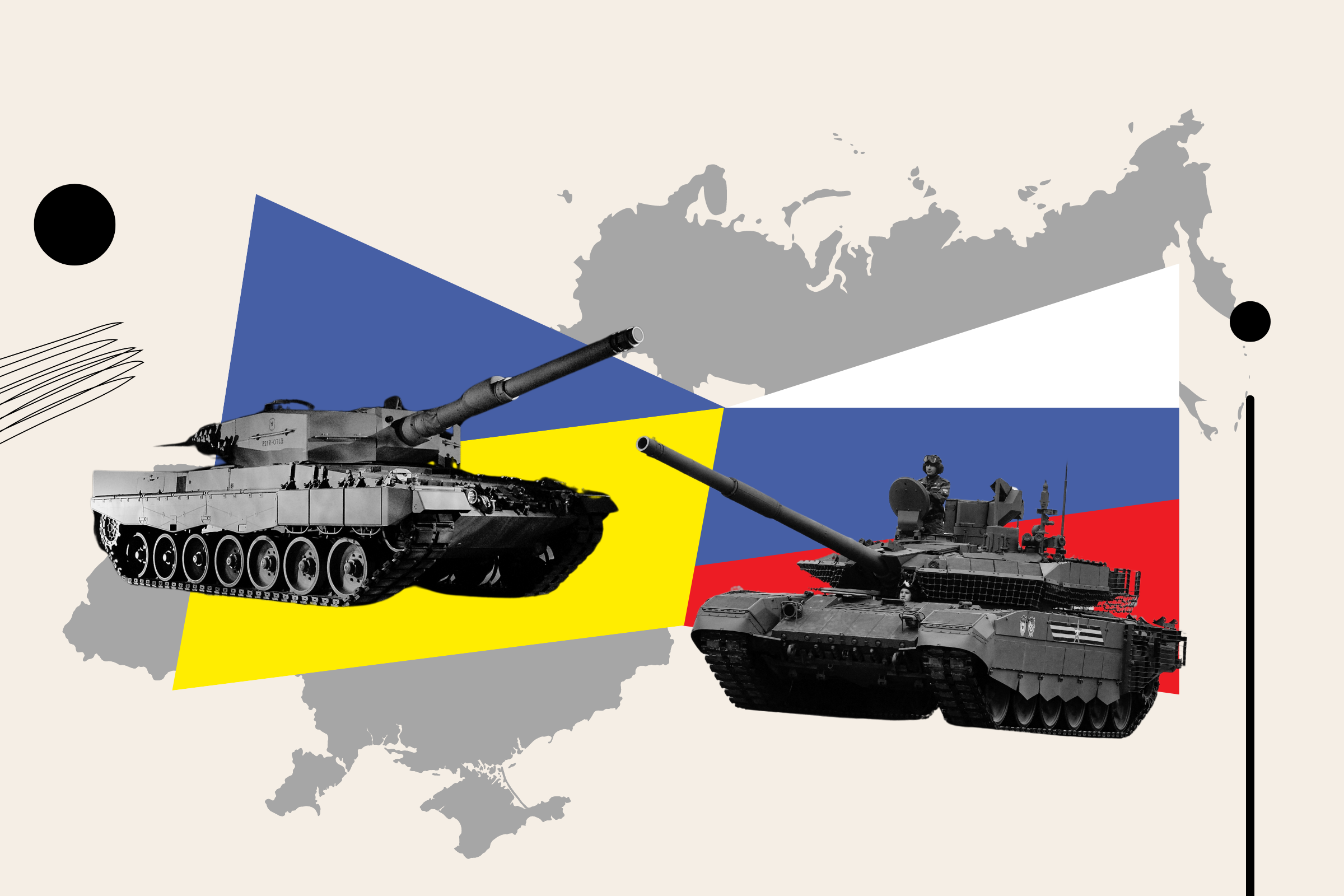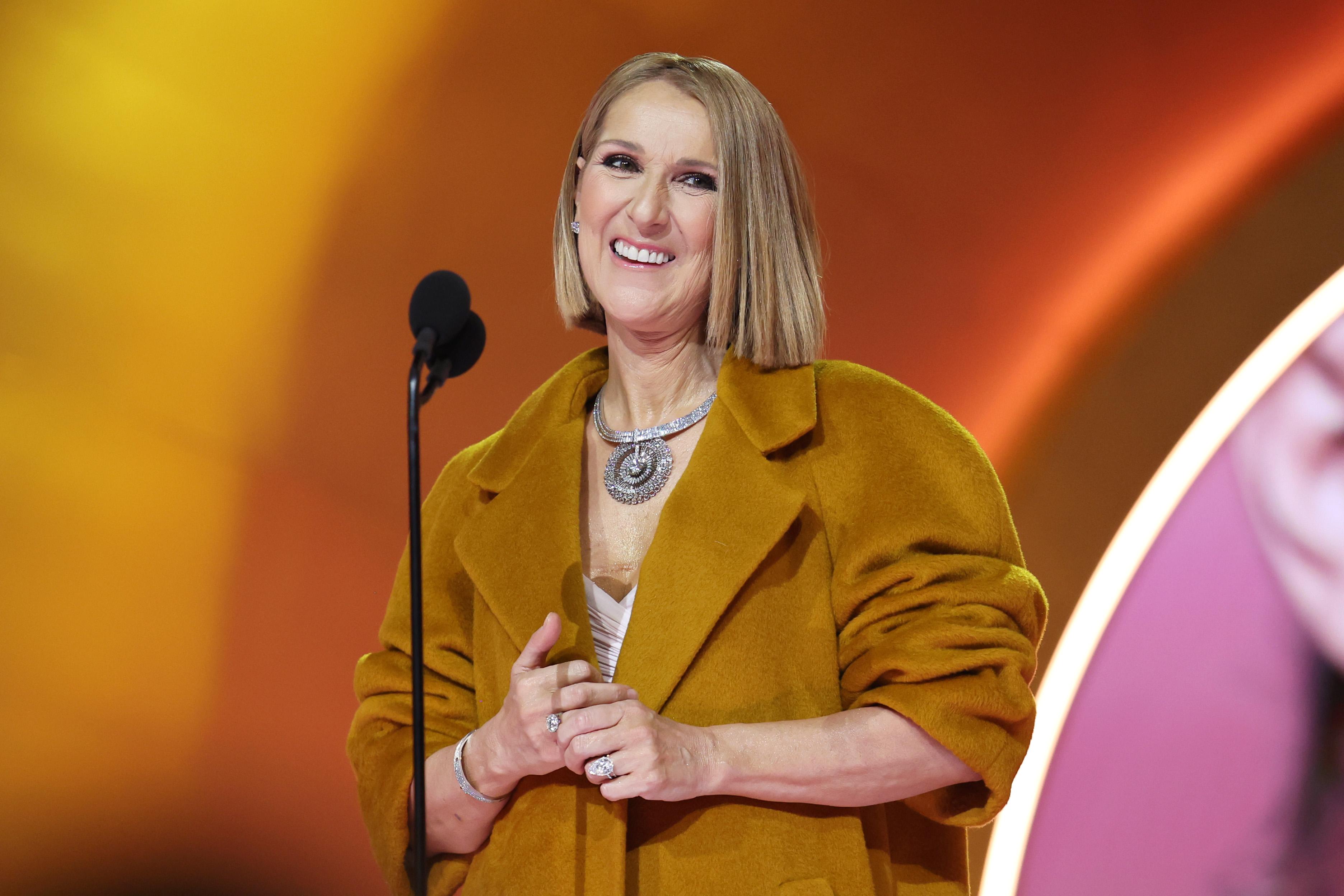Bill Gates has just completed his first year of working full time for his philanthropic organization, the Bill & Melinda Gates Foundation, through which Gates intends to direct billions of dollars to improving the lives of people in the world's poorest countries by funding research that could lead to breakthroughs in health, education, and food. In an interview with NEWSWEEK's Dan Lyons, Gates talks about the progress his team is making, and explains how the work of the foundation has a lot in common with the work he used to do at Microsoft.
Lyons: How much of your time do you spend out in the field, meeting people?
Gates: Now that I'm working full time on foundation work, I try to get to Africa once a year and to India once a year. A lot of our collaborators are all around the United States. So about 30 percent of the time I'm traveling, with a mix of rich-world things like the World Economic Forum next week and then the trips to see the work firsthand. Those trips are pretty important. The last one was to Kenya in December, and to South Africa, where I saw President [Jacob] Zuma. I don't think you can do this work without seeing things firsthand.
Was there a moment from the past year that stands out as the most memorable?
Well, in this circumcision clinic I visited, you have some strong emotions. This scientist, Bertran Auvert, is so modest about his work, but he has new theories that we're putting money behind and he is just making it work. [Auvert offers circumcision to adult men in South Africa as a way to prevent the spread of HIV.] There's such a spirit of optimism and excitement. You talk to these young men who just went through the procedure, and I'd just seen President Zuma. There were some real question marks about what his AIDS policies would be, but Zuma has turned out to be super-good. He's very open. He made some World AIDS Day announcements. Then being in the clinic and seeing those things come together, and the fact that we can back someone like Bertran—that feels great. A couple days later, we went up to Nairobi, where they were doing work with sorghum and cassava, things that five years ago I hadn't even heard of. They have a 454-gene sequencer and they're using it to improve varieties of seeds. This is just the latest and greatest stuff. We're talking about RNA interference. There's this mix of complex technology with the practical world of getting food to people in Africa.
In your annual letter, you say that during the Cold War, rich countries saw foreign aid as a way to buy off dictators. How do you convince countries now that it is in their interest to save lives in poor countries?
There are two appeals you can make. One is purely humanitarian. There's also self-interest. Epidemics there might cause people here to get sick, or foster misgovernance that leads to terrorist camps being based there. But I think the humanitarian interest would be enough.
You point out that the U.S. is the largest provider of foreign aid in absolute terms, but as a percentage of GDP, we lag many other countries, at only 0.19 percent. Does the U.S. need to do more?
During the [presidential] campaign, there was a group we worked with, One, that Bono is involved with, and we got commitments from both [candidates John] McCain and [Barack] Obama that they would double the amount of foreign aid. We're hoping that comes true. But at a time when we have the worst peacetime budget deficit ever, and other issues are also clamoring for more support, like climate change, that increase in foreign aid is definitely at risk. Will it happen or not, I really don't know.
What role is your foundation playing in Haiti?
Part of our global-development group is devoted to disaster relief. Two days after the earthquake, we announced a donation of $1 million to Catholic Relief Services and $500,000 to Partners in Health. We also believe in giving money to organizations before disasters strike. We give on a regular basis so they have capacity.
You say in your letter that money alone isn't enough to solve the big problems, and that what's needed is innovation so we can do more with less money. How is innovation in health, education, and food similar to innovation in your previous field of expertise, software?
It's really the same thing. You pick something that looks risky and where smart people want to work on it, and you back them, even if they have setbacks. You have metrics, and you try to understand what their needs are so the stuff you're backing will have huge impact if it succeeds. The kind of conversations we have on a malaria vaccine or financial services for the poor—those are a lot like Microsoft R&D discussions. I have to learn about cassava and sorghum and all sorts of immune-system things, health things, in order to make sure we are backing the right possibilities out there. But it's very R&D-intensive. That's partly why the foundation sees one of its unique contributions as bringing the background that Melinda and I have in technology. You can make big breakthroughs that you hadn't expected.
What's an example of one of those?
I didn't know anything about vaccines before I got involved in foundation work. Now we've got this pneumococcus and rotavirus vaccine, and between them you can save more than 10 percent of the children who die—that's more than half a million children a year. We just need to get those vaccinations out, and then we need to invent some more. We're about 10 vaccinations short of utterly changing health on a global basis. Some will take a long time. With the malaria vaccine, we have one in phase-three trial, but it's not perfect. It will take a lot of time.
One of your goals is to eliminate malaria. So far you've been distributing bed nets and insecticide, and those have been a big help. But what else needs to happen, and how far off is the goal of completely wiping out malaria?
Bed nets and indoor spraying have cut the disease burden by more than half, and that's gigantic. But those tools alone won't allow you to do elimination. You have to have new drugs, or probably a vaccine. You may remember Nathan Myhrvold from Microsoft. He has a gathering of scientists now who do mostly for-profit work, but they also do a lot of purely philanthropic things. One is they have an unbelievable team to do disease modeling. Malaria is the first focus of that. To model what it takes in various countries to get elimination. Could we just give everyone drugs for a year? Or do we have to have new insecticides? We can shrink the disease map, but without breakthrough tools, we can only do disease reduction. It's another example where in this case, it's pure software that could allow us to affect the human condition.
Uncommon Knowledge
Newsweek is committed to challenging conventional wisdom and finding connections in the search for common ground.
Newsweek is committed to challenging conventional wisdom and finding connections in the search for common ground.





